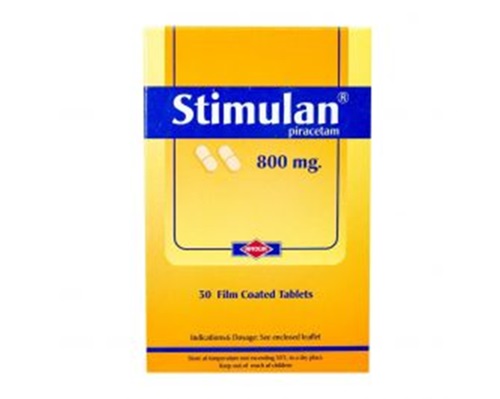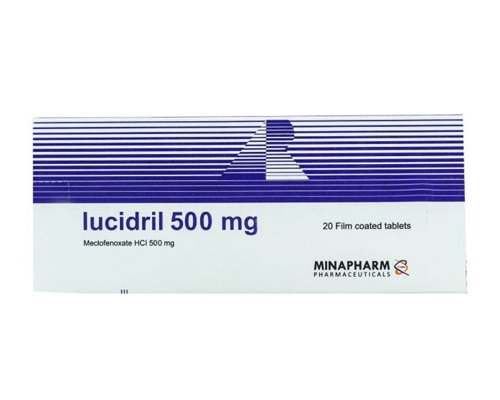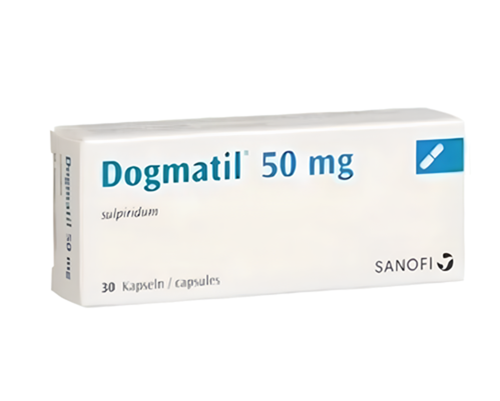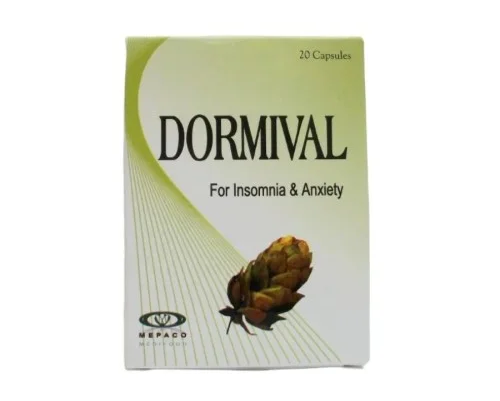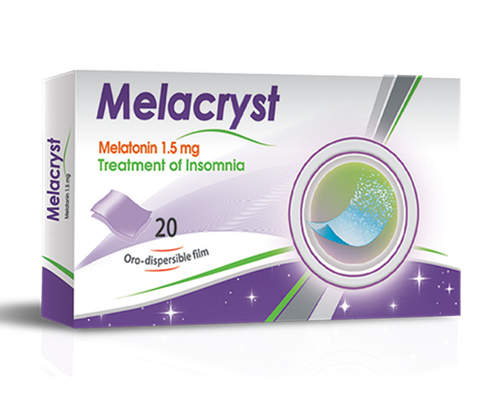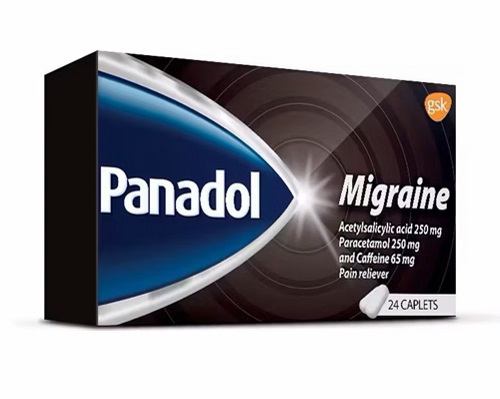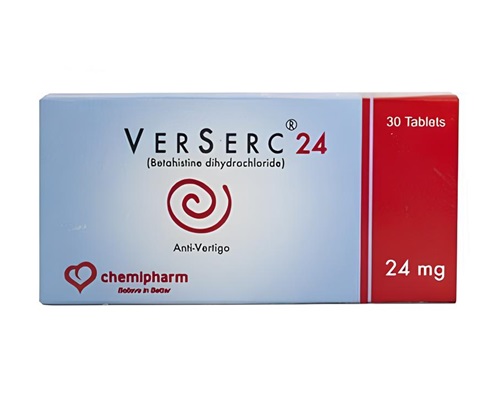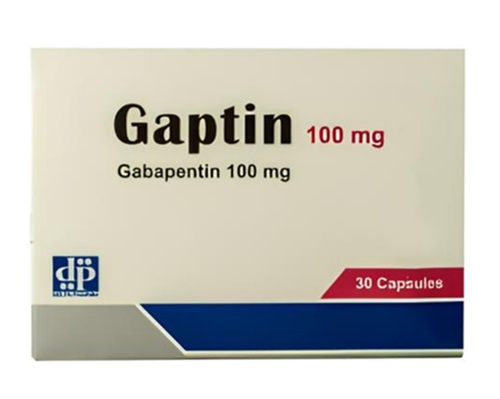Description
Tradename:
Stimulan
Compound:
Each tablet contains:
Piracetam 800 mg
Auxiliary components:
Povidone, crospovidone, talc, magnesium stearate, aerosil 200, calcium phosphate, hypromellose, propylene glycol, glycerin.
Properties:
It has a positive effect on metabolic processes in the brain, increases the concentration of ATP in brain tissue, enhances the biosynthesis of ribonucleic acid and phospholipids, stimulates glycolytic processes, and enhances glucose utilization. Improves the integrative activity of the brain, promotes memory consolidation, and facilitates the learning process. Changes the speed of propagation of excitation in the brain, improves microcirculation without having a vasodilating effect, and inhibits the aggregation of activated platelets. It has a protective effect against brain damage caused by hypoxia, intoxication, electric shock, enhances alpha and beta activity, reduces delta activity on the EEG, and reduces the severity of vestibular nystagmus. Does not have a sedative or psychostimulating effect. The drug improves connections between the cerebral hemispheres and synaptic conduction in neocortical structures, restores and stabilizes cerebral functions, especially consciousness, memory and speech, increases mental performance, and improves cerebral blood flow.
Indications:
Memory impairment, dizziness, decreased concentration, emotional lability, dementia due to cerebrovascular accidents (ischemic stroke), brain injury, Alzheimer’s disease, in old age; comatose states of vascular, traumatic or toxic origin; treatment of abstinence and psychoorganic syndrome in chronic alcoholism; learning disabilities in children not associated with inadequate training or characteristics of the family environment (as part of combination therapy); sickle cell anemia (as part of combination therapy).
Directions for use and dosage:
The optimal dosage regimen is determined by the doctor. The compliance of the dosage form of a particular drug with the indications for use and dosage regimen should be strictly observed.
The daily dose should start at 7.2 g, increasing by 4.8 g after three to four days to a maximum of 24 g. Treatment with other antimyoclonic drugs should be continued at the same dosage. Depending on the clinical effect obtained, the dosage of other such drugs should be reduced if possible.
Contraindications:
– renal failure (creatinine clearance less than 20 ml/min);
-hemorrhagic stroke (acute stage);
-depression with anxiety (agitated depression);
– Huntington’s chorea;
-pregnancy;
-lactation;
-children’s age (up to 1 year);
– hypersensitivity.
Precautionary measures:
In the treatment of acute brain lesions, piracetam is prescribed in combination with other methods of detoxification and rehabilitation therapy, and in the treatment of psychotic conditions – with psychotropic drugs.
Constant monitoring of renal function indicators is recommended.
When treating patients with cortical myoclonus, abrupt discontinuation of the drug should be avoided (risk of resumption of attacks).
In case of sleep disturbances, it is recommended to cancel the evening dose and add this dose to the daytime dose.
Prescribe with caution in patients with impaired hemostasis, after extensive surgery, severe bleeding.
When taking piracetam, periodic monitoring of kidney function indicators is recommended, and in patients with liver diseases – the functional state of the liver.
When treating patients with cortical myoclonus, abrupt discontinuation of the drug should be avoided (risk of resumption of attacks).
Impact on the ability to drive vehicles and machinery
During the treatment period, care must be taken when driving vehicles and engaging in other potentially hazardous activities that require increased concentration and speed of psychomotor reactions.
Side effects:
Nervousness, agitation, irritability, anxiety, sleep disorder, gastralgia, nausea, vomiting, diarrhea, constipation, anorexia, dizziness, headache, extrapyramidal disorders, convulsions, tremors, increased sexual activity; rarely – weakness, drowsiness; in the elderly – increased frequency of anginal attacks.
In children, especially with mental retardation: fussiness, anxiety, restlessness, motor disinhibition, decreased ability to concentrate, imbalance, irritability, increased conflict.
Storage method:
At a temperature not higher than 30 degrees.

